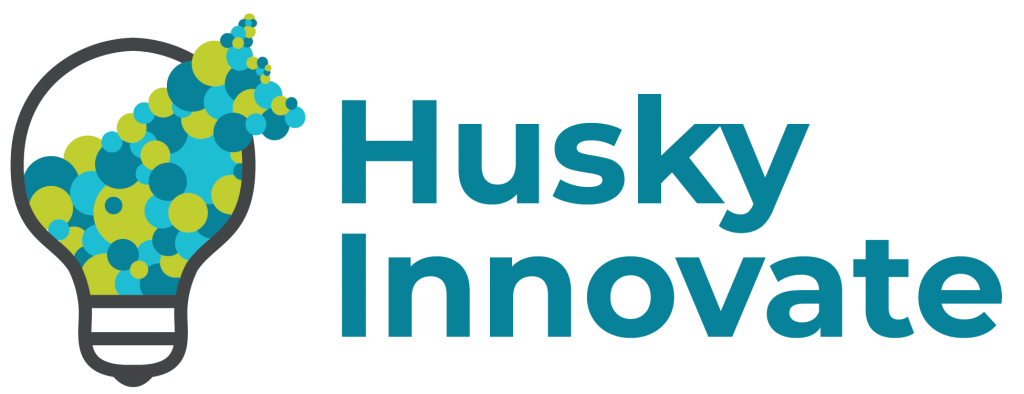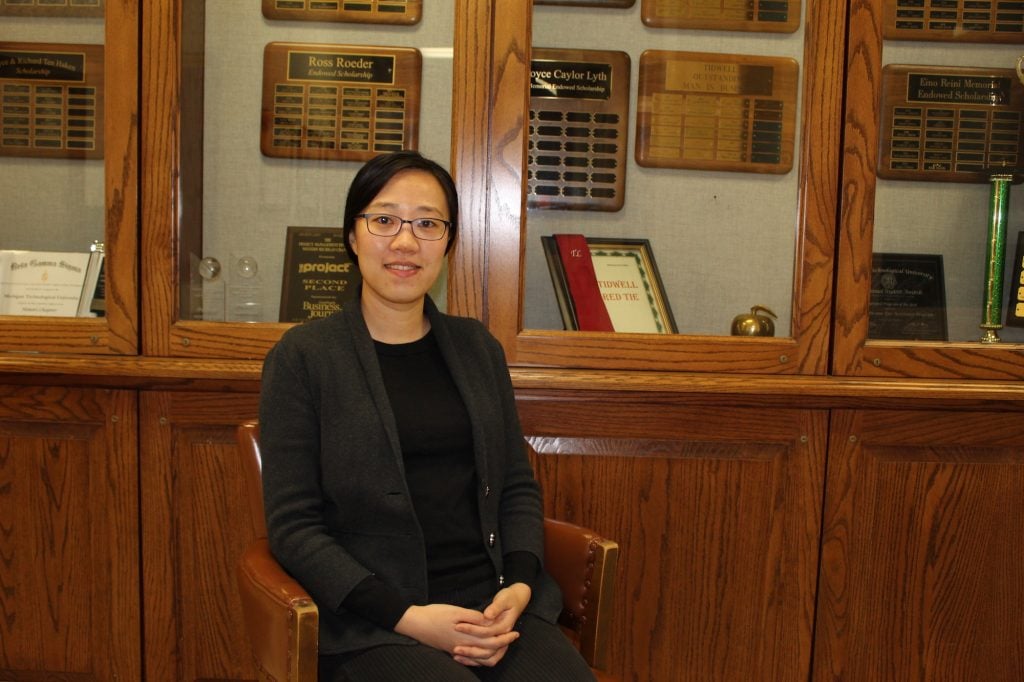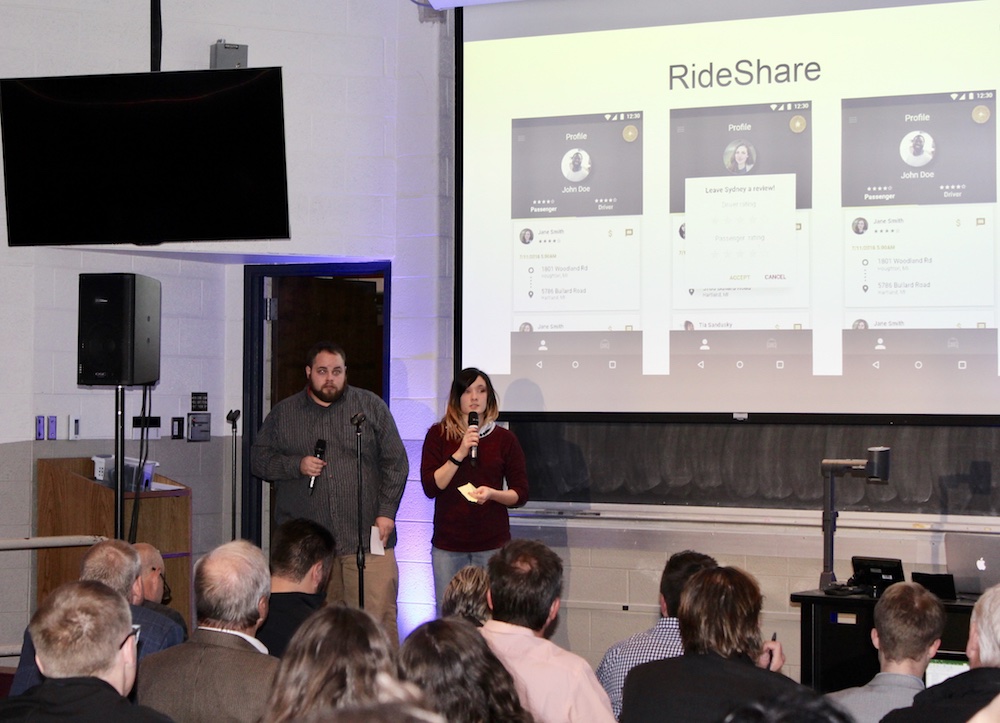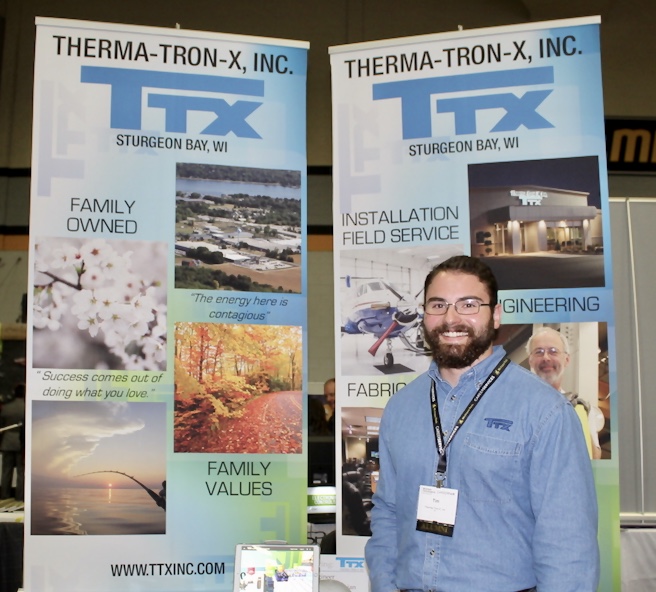
The Innovation Center for Entrepreneurship will host the 2018 Bob Mark Business Model Competition from 7 to 9 p.m. Wednesday, Dec. 5 in the Opie Library. Students can apply to compete here.
Prizes will be awarded to the most scalable and actionable business model pitches. Using prize money, students have a chance to take their entrepreneurial idea to the next stage of development further preparing them for additional opportunities such as competing at the New Venture Competition held in April at Central Michigan University.
President Koubek will serve as a distinguished judge alongside other entrepreneurially minded faculty, staff, and community members.
Prizes for the Bob Mark Business Model Competition include:
- First Prize – $2,000 + $100 services from MTEC SmartZone
- Second Prize – $1,000 + $100 services from MTEC SmartZone
- Third Prize – $500 + $100 services from MTEC SmartZone
- Honorable Mention (2 prizes) – $250 each
- Audience Favorite – $250
- MTEC SmartZone prize – $1,000
Students should apply by submitting this form no later than midnight on Wednesday, Nov. 21. The top 15 applicants will be selected to participate in the Bob Mark Business Model Competition. Student guidelines, scoring criteria, and a blank Business Model Canvas can be found at mtu.edu/honors/ice/husky-innovate.
The 2018 Bob Mark Business Model Competition is part of Husky Innovate, a series of workshops and events that guide students through key phases of innovation or business development while emphasizing evidence-based strategies for success. The competition is hosted by the Innovation Center for Entrepreneurship, which is a collaboration between the Pavlis Honors College, the School of Business and Economics, and the Vice President for Research Office. The event is a tribute to the late Bob Mark, professor of practice in the School of Business and Economics. Mark founded the Elevator Pitch Competition and brought the Business Plan Competition to Michigan Tech. His entrepreneurial spirit lives on in students, faculty, and staff.




